Help
Community21 has selected some case study communities and projects to share across the network to inspire and inform others. Should we be featuring yours? If so get in touch.
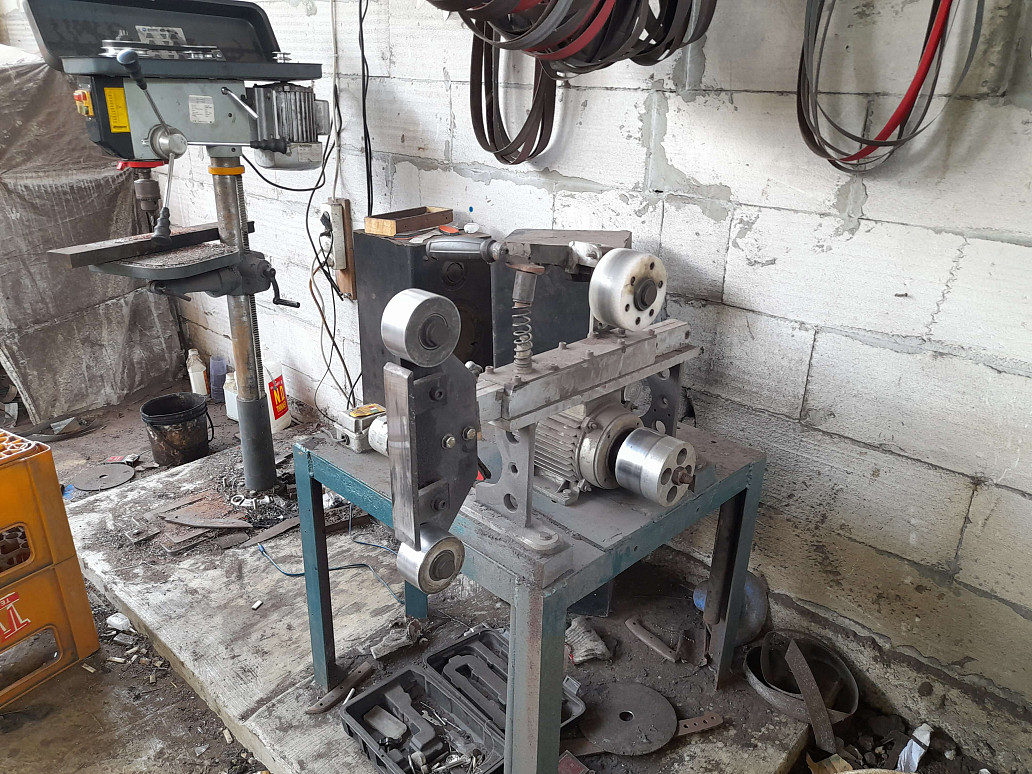
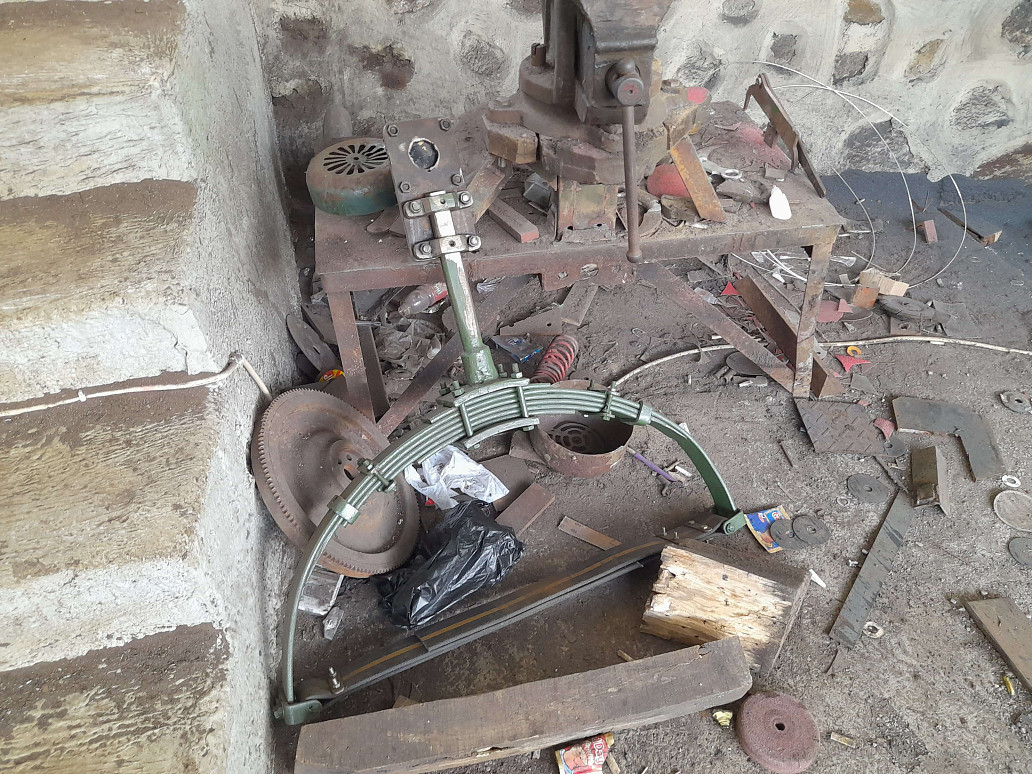
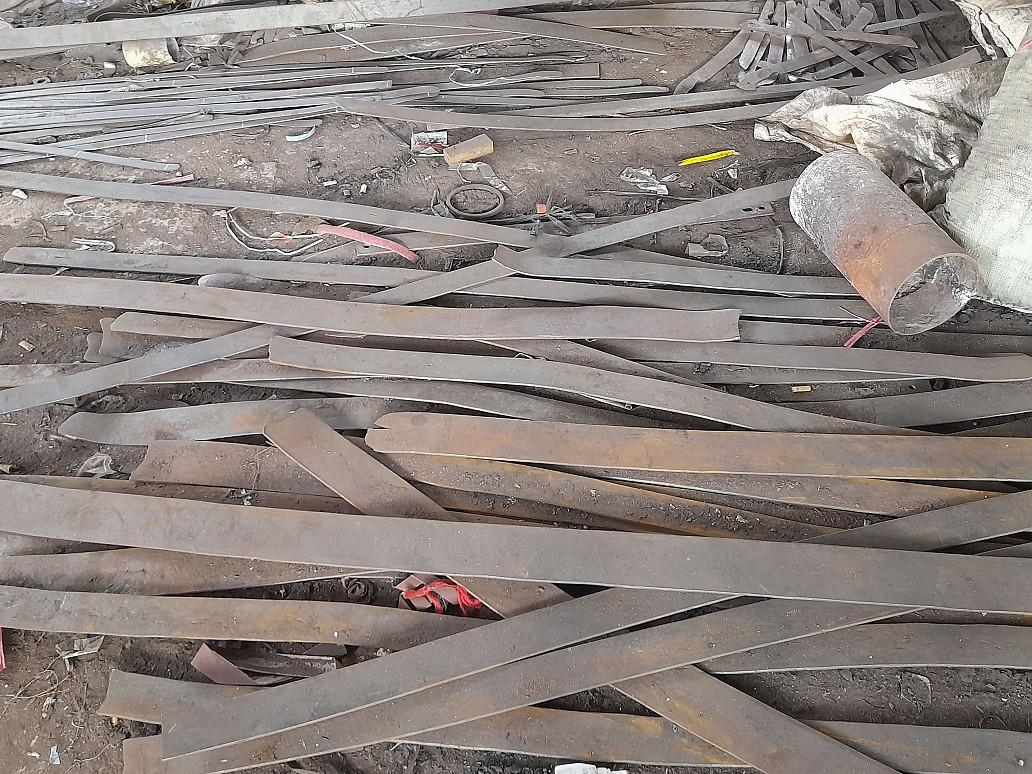
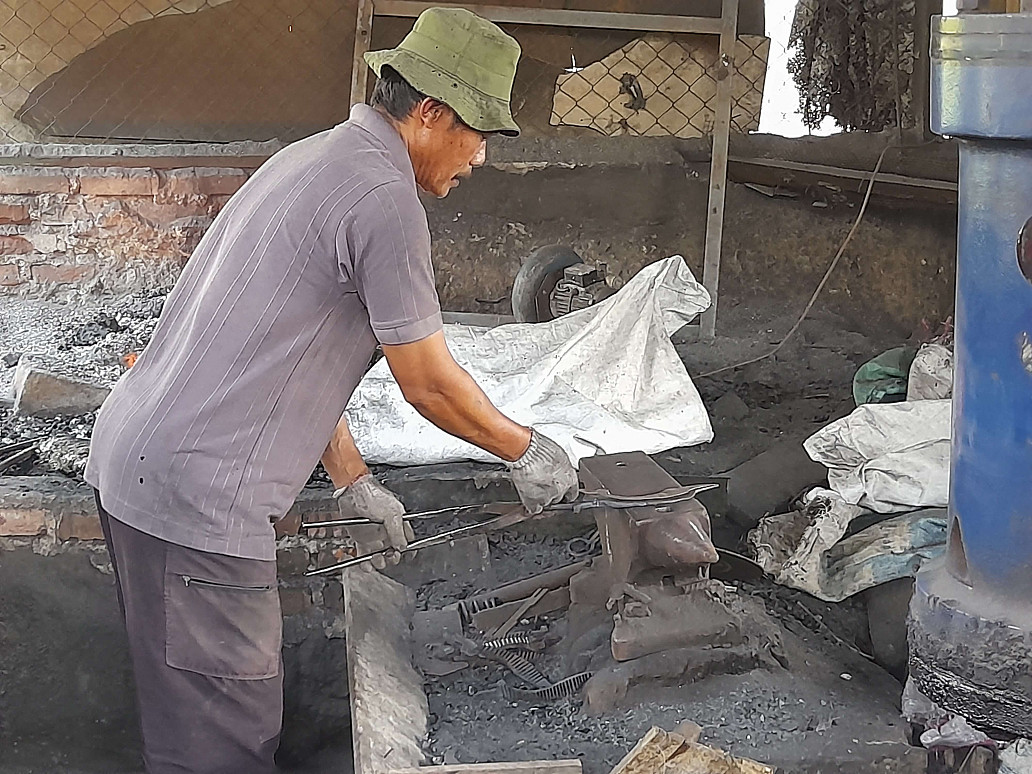
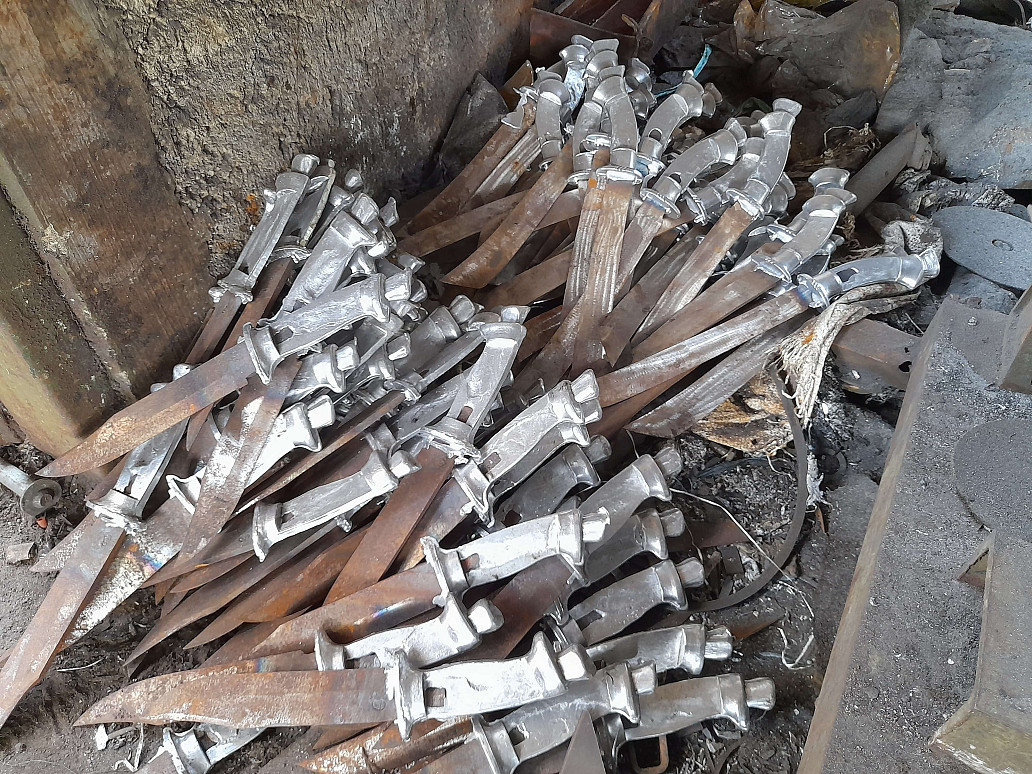
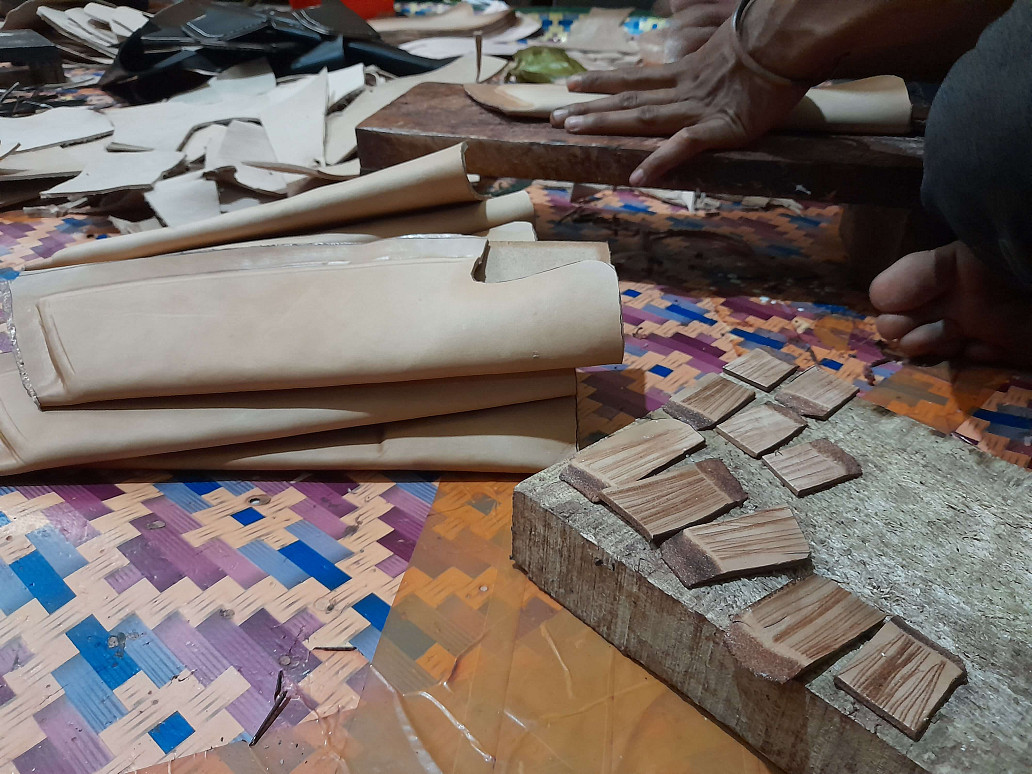
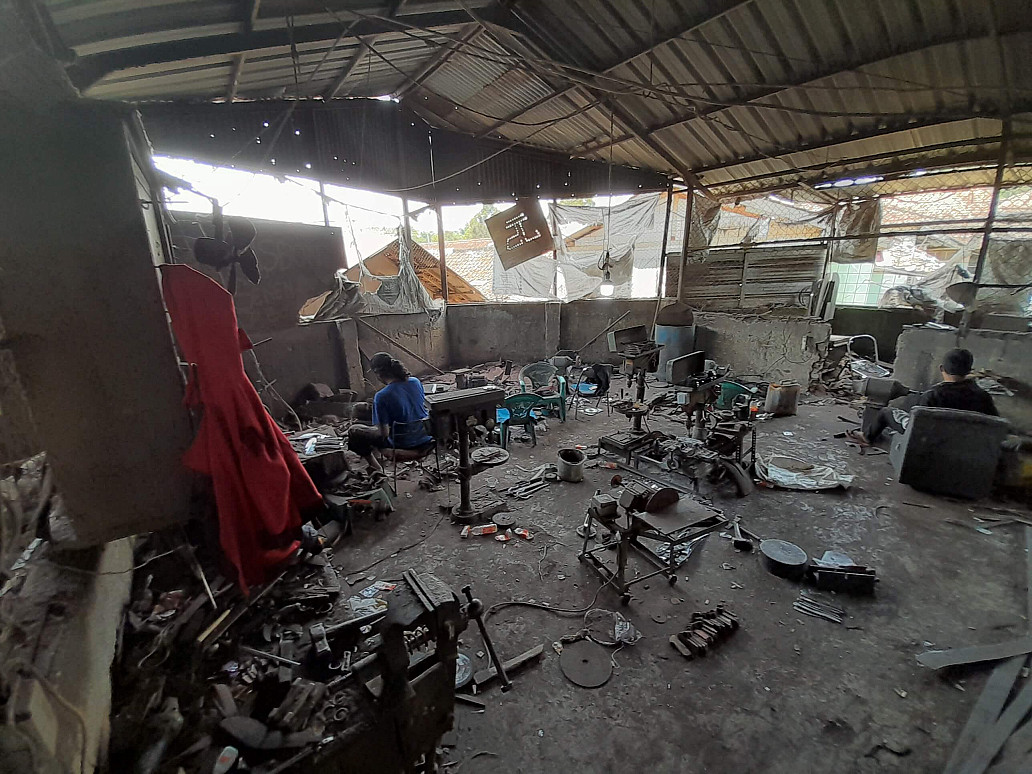
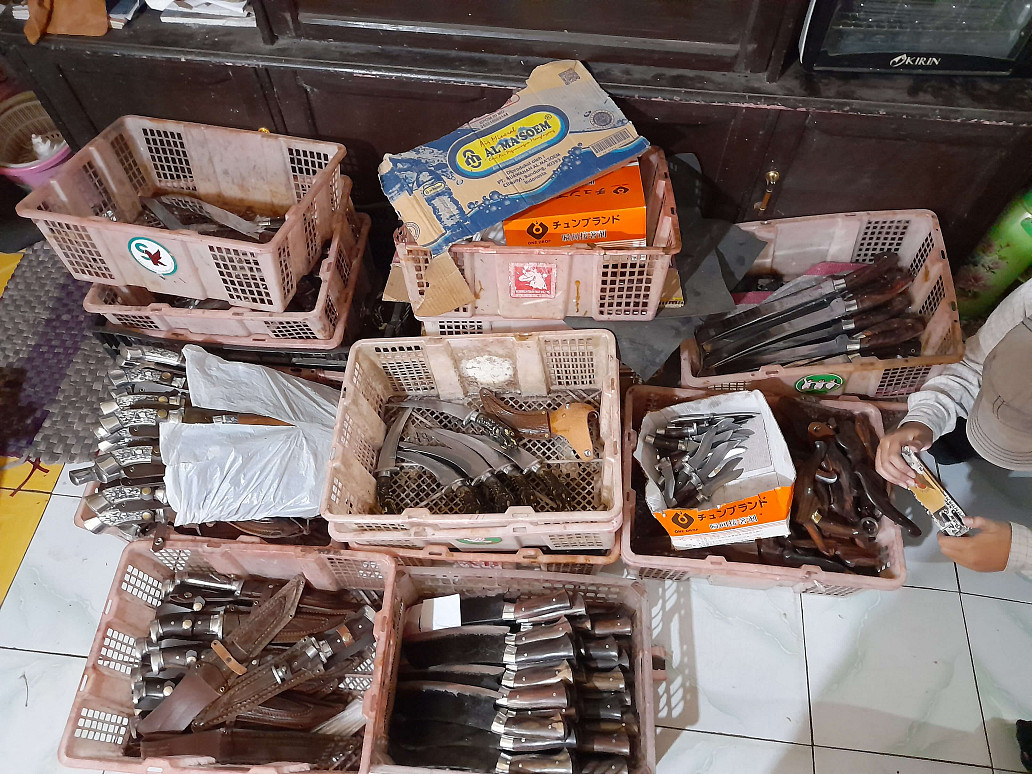
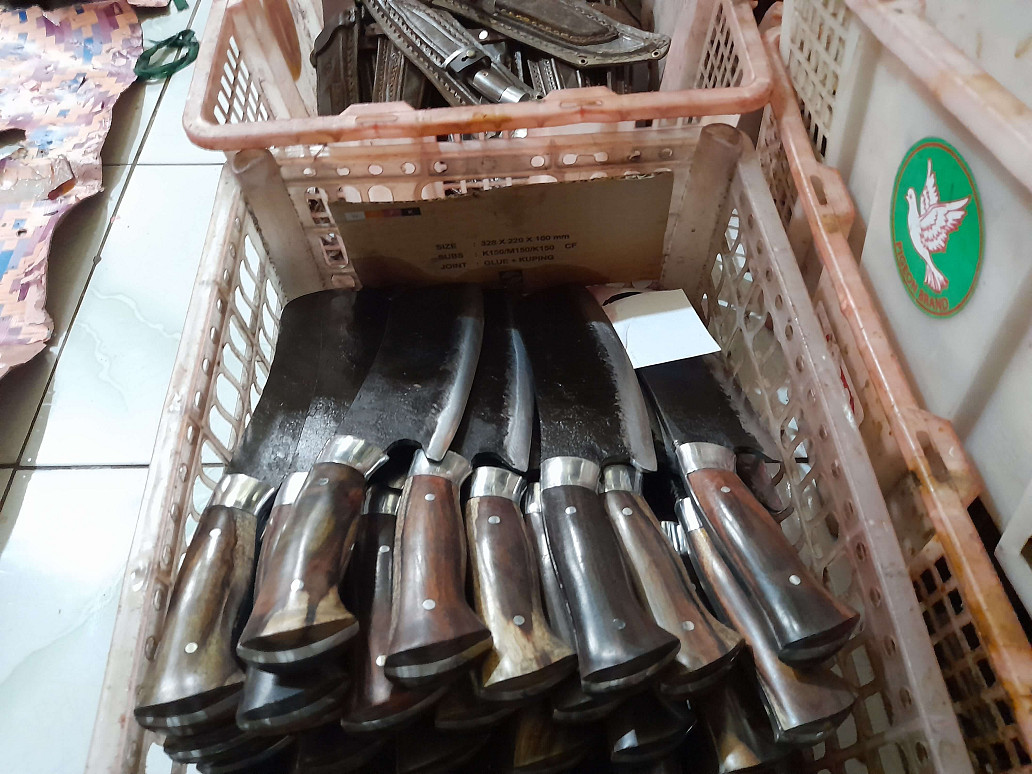
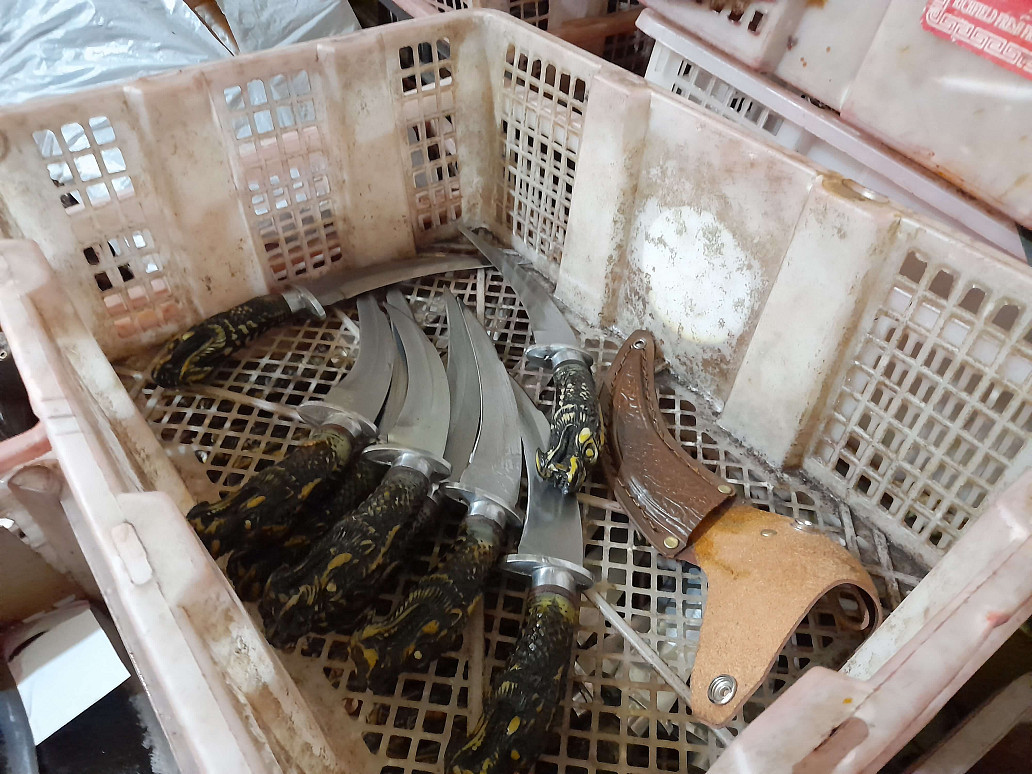
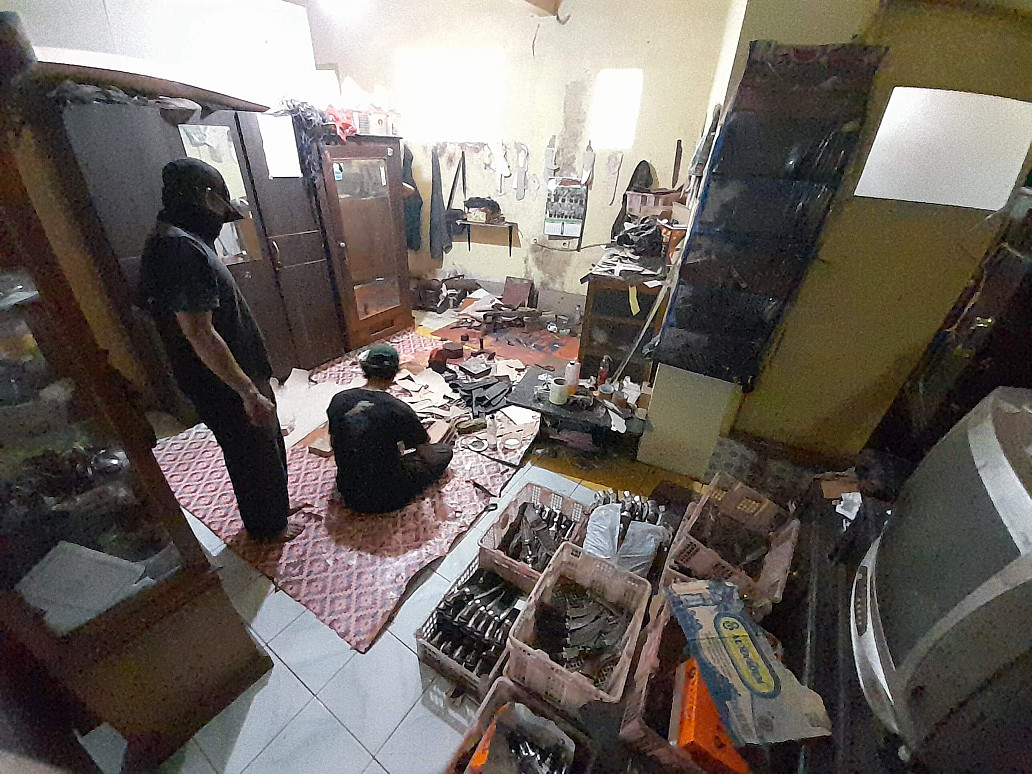
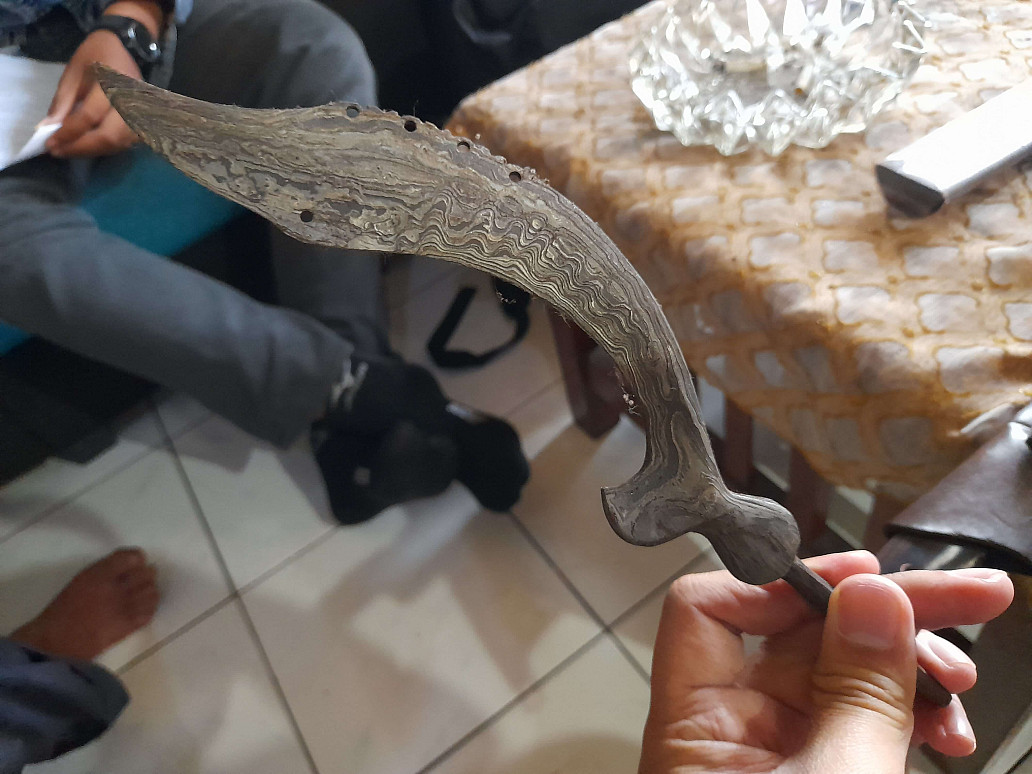
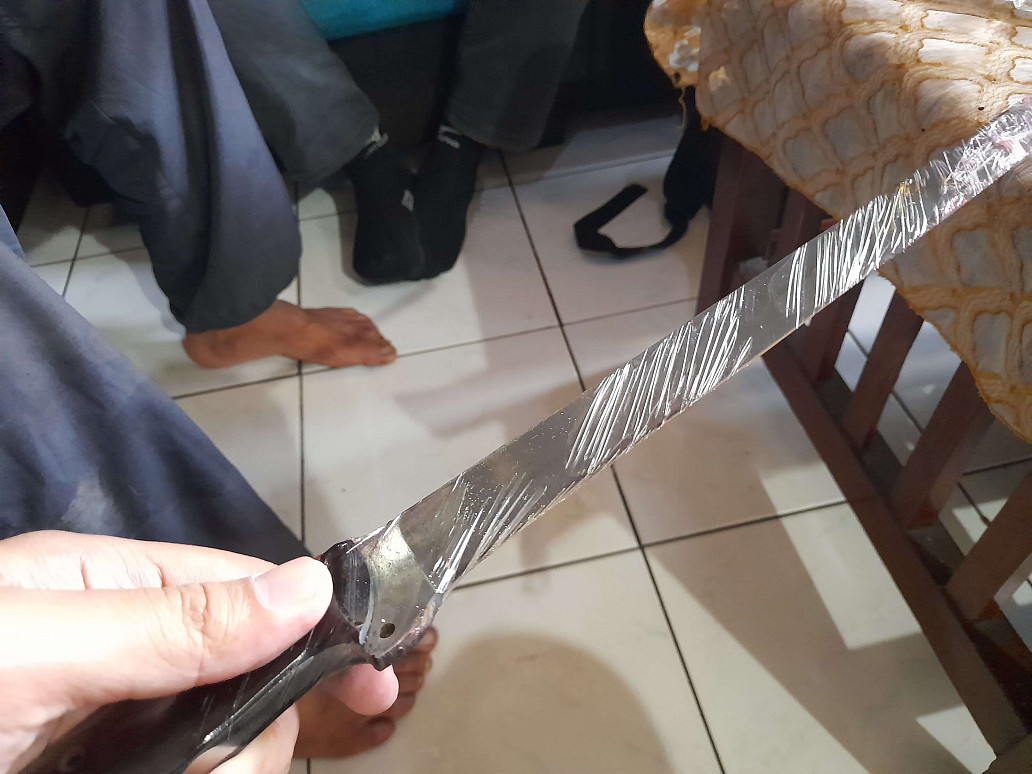
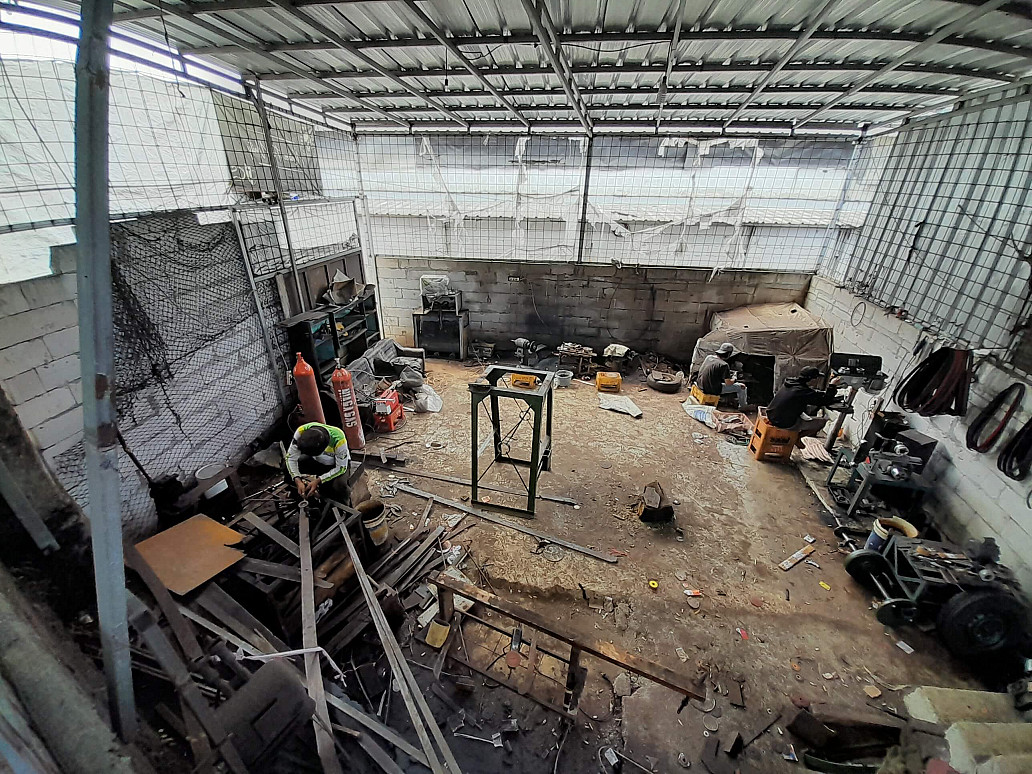
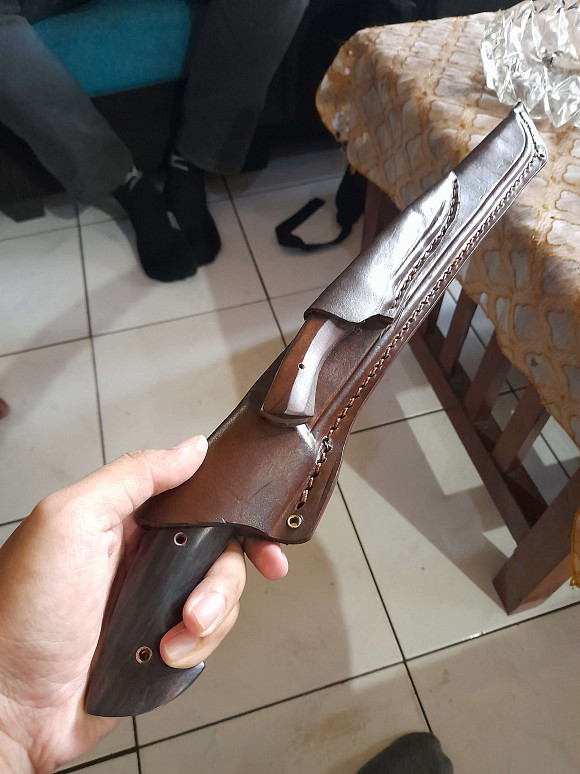
Name: Jajang Rambo
Location: Ciwidey District, Bandung City
Specialist materials: Steel
Products: Knives, Machetes
Pak Jajang is a knife and machete craftsman in the Pasirjambu area, Ciwidey, famous for its blacksmith workshops. Pak Jajang is a descendant of blacksmiths, and his knowledge of making products comes from his ancestors who also lived in Ciwidey area. Although there are many places for knife and machete craftsmen, Pak Jajang's workshop is famous for its rapid development. It was started in 1998; similar to the majority of surrounding knife craftsmen, knife making was generally using the manual method, and it takes four people to make one knife. That changed when in 2002, there was a request to make a 'kujang' or small cleaver as souvenirs, Pak Jajang started using machines to make his craftsmen work faster. He further did a comparative study to Sumenep to learn more about his business development. In 2004, he received another order for 80 pieces of cleaver as souvenirs to be given to countries participating in the Asian-African Conference.
There are fourteen types of knives or machetes made by Pak Jajang; regardless the type or design from the customers. Some of them are knives and machetes for slaughter, cleavers, and the newest product is throwing knives for competition. The whole production process takes two days, and everything is done at Pak Jajang's Workshop. The materials needed are metal, wood (for the handle), and leather (for the sheath). This metal is usually in the form of steel, manganese, nickel, and ST 37 (alloy) that he usually bought from a supplier in Bandung, but some are imported from Japan. The wood is purchased from Bojonegara because it has to be specific rosewood with good quality. He bought the leather material at Cibaduyut Bandung which is also famous for its good quality. The metal waste from the production process is further sold to Krakatau Steel, a state-owned large steel manufacturer, to be smelted. As for the remaining wood, it is further burned and made into charcoal, while the remaining leather is thrown away because the small residue can no longer be utilized.
There are fifteen craftsmen in total, and each has a different task; metal cutting, forging, finishing, making handles, and making leather sheaths. Although the production process makes much noise, residents do not seem to mind and do not limit the workshop operating hours. It is because Pak Jajang built the workshop first, long before there were settlements. His knowledge of manufacturing methods is passed down or shared among its employees, most of whom are local residents who are also high school kids. Some of his former employees have mastered the blacksmith skills and decided to operate their own business. Pak Jajang is happy because his knowledge on knives-making can be further shared so that it will not become extinct.